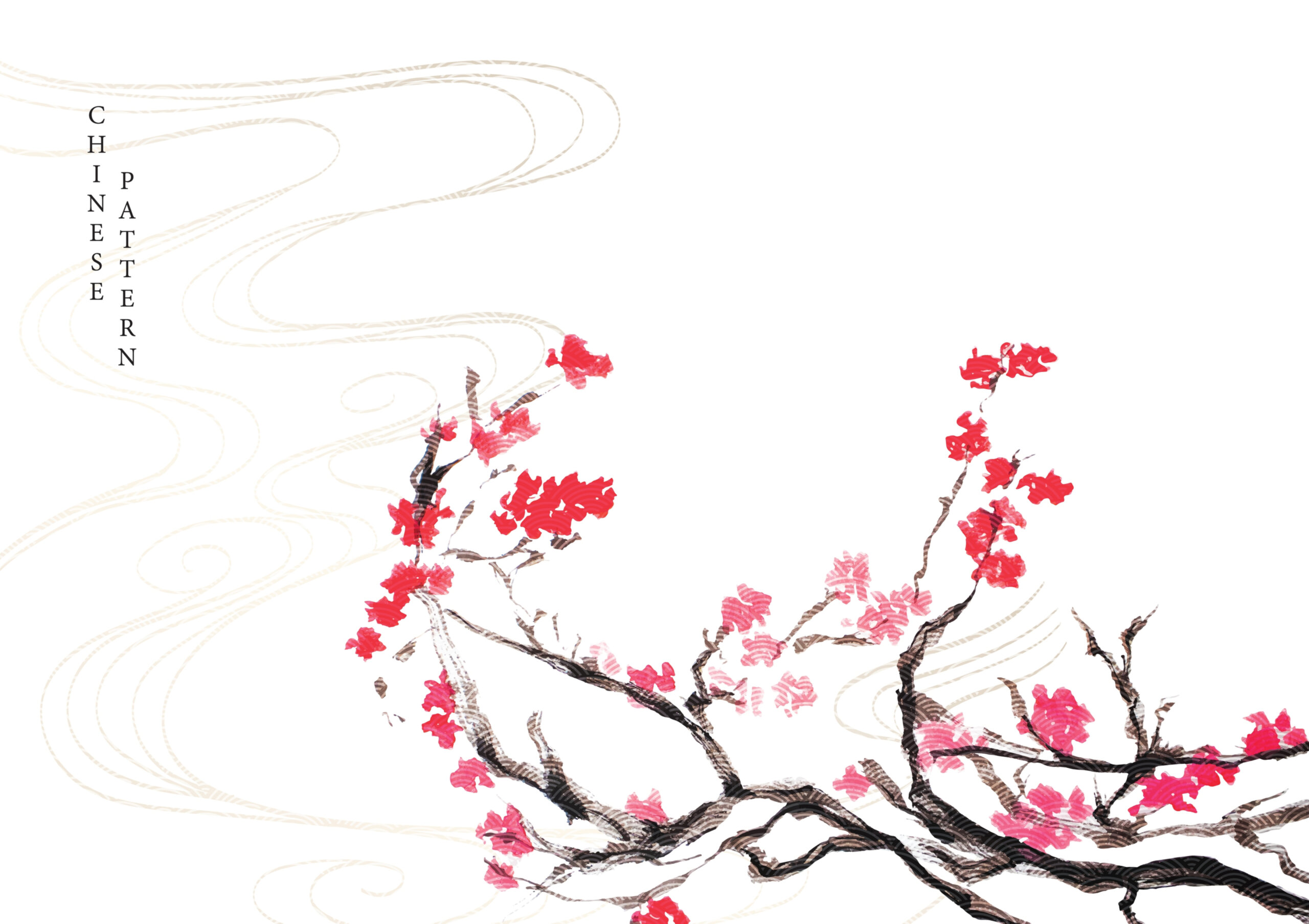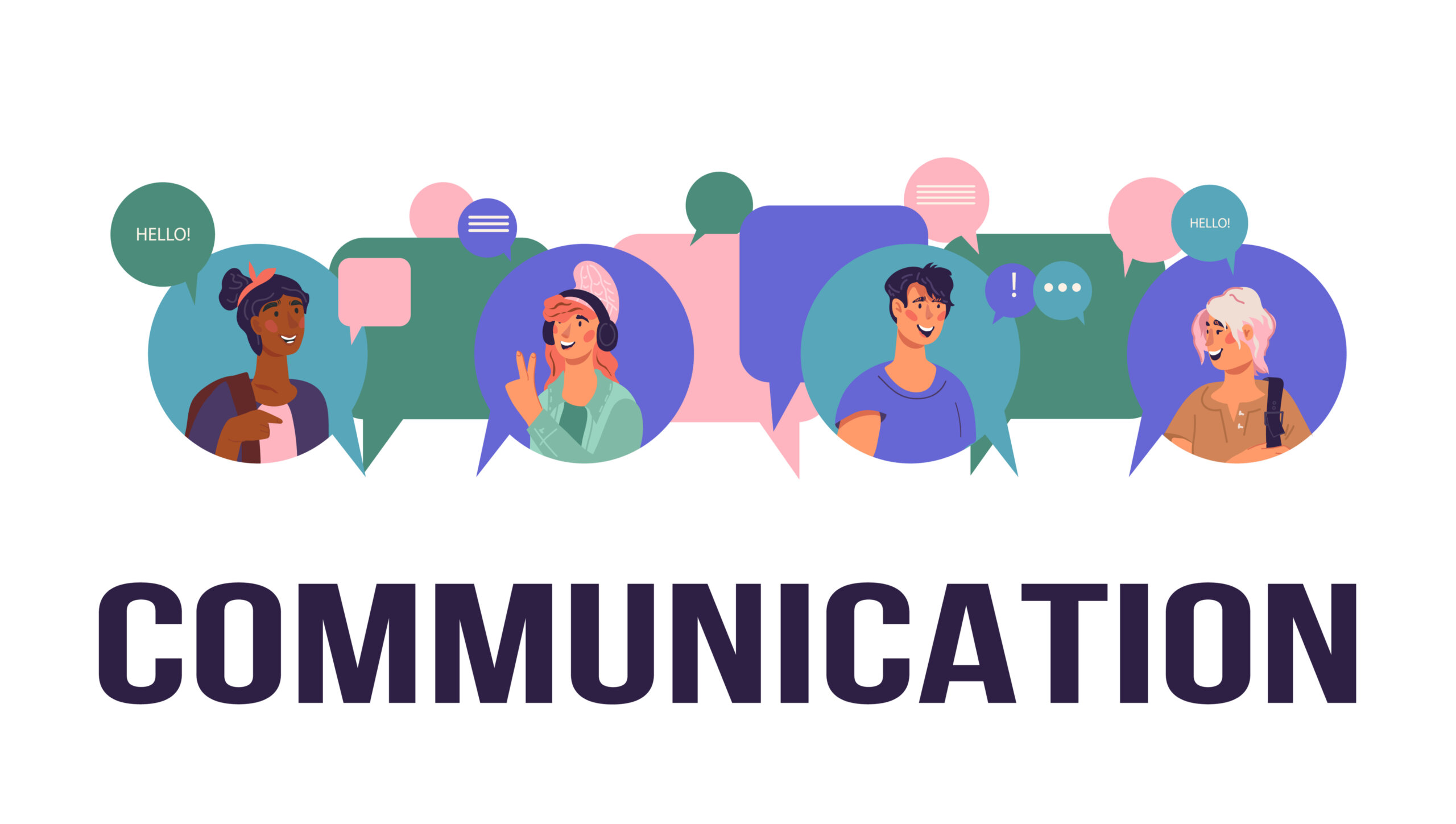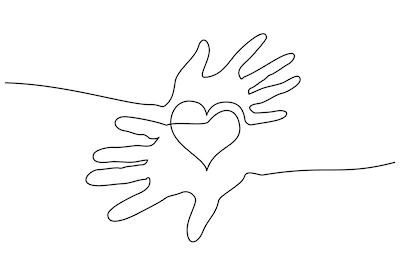I’m soryyyy ついあやまってしまう(Version with English text)
目次
オンライン英会話 フリートークのネタ




英会話の参考にしていただけたら嬉しいです。
つい言ってしまう
オンライン英会話をしていると
学校で教わった単語の意味が
少しずれていることに気が付く
Through the lesson
I notice a difference in the meaning
of the words
I was taught in my school.
例えばI’m sorry がその例である。
小学校ではI’m sorryは”すみません”
と習う。
For example, I’m sorry.
In elementary school,
the meaning of I’m sorry is
taught as “SUMIMASEN”.
なので実際の英会話レッスンでも
日本人が”すみません”を使うタイミングで
”I’m sorry” を使ってみた。
So I tried using I’m sorry
when Japanese people use “SUMIMASEN”
in the actual English conversation lesson.
例えば
For example
すみません。私はまだ英語が初心者で
上手く聞き取れないのです。
I’m sorry. I’m a beginner in English.
because I can’t hear it well.
すみません。電波状況が悪くて。
私の住んでいるところは田舎だから
I’m sorry. Connection is unstable.
Because my living area is countryside.
すみません。
10分だけのレッスンをお願いします。
I’m sorry,
I would like a 10-minute lesson.
すみません
人が来たようなので少し席を離れます。
I’m sorry,
I’m leaving my seat a little
because people have come.
すみません
すみません
すみません…
I’m sorry… I’m sorry…. I’m sorry….
すると先生は
「あなたが謝る必要はないよ」と言った。
Then teacher said “NO.no.no.no.
No need you say I’m sorry”
そんなに真剣に謝ってないんだけど・・・

嬉しくも感じたが
私にはわずかの違和感もあった
「そんなに真剣に謝ってないんだけどな」
I was glad to felt speaker’s concern.
But
I had a slight sense of discomfort.
I’m not apologizing so seriously
少なくとも日本人同士では
「”すいません”という必要はないよ」
と言うことはあまりない。
At least between Japanese people
That is rarely the case to say
no need you say “SUIMASEN”
そのような先生のリアクションを見ると
日本人にとってのすいませんと
海外の人にとってのソーリーは
重みが違うことに気が付いた。
Looking at the teacher’s reaction,
I noticed that the weights are different.
SUIMASEN for Japanese and
I’m sorry for foreigners.
日本人はこんなところで謝ります

言葉は使ってみないと分からないところがある
There are some things that
you can’t understand
until you try to use words.
日本人は
電車が2~3分でも遅れると
ご迷惑をおかけして申し訳ありません
と駅員が謝罪する。
In Japan,
the station staff apologizes
for the inconvenience caused
if the train is delayed
even by tow or three minute.
レジにて少しお金を出すのが遅れると
お客はレジの人にすいません
と謝る
Customers apologize to the cashier
if they are a little late
to pay at the cashier.
通りすがりに少しぶつかったときは
両方がすみません
と言う事も珍しくない。
It’s not uncommon
to say that
both are sorry
when they hit a little while passing by.
しかしいずれの場合も
あまり真剣に謝罪の意味を
感じ取る人は少ない。
However,
few people take the meaning of
an apology seriously in these cases.
(ここで質問してみるのも良いかと思います)
あなたの国では
これらの場合に謝ることは
一般的ですか?
Is it common in your country
to apologize for these cases?
対してアメリカなどでは…

アメリカ人は
間違った道を教えても
謝らないと聞いたことがある。
I’ve heard that
Americans don’t apologize for
teaching the wrong path.
その情報を信じて間違えたのなら
その責任は話を聞いた方にある
という理屈だそうだ。
If you believe the information
and make a mistake,
the responsibility lies with the person
who believed the story.
日本人なら教えた方はもちろん謝るが
場合によっては
信じた方も
私も悪かったと言って
両方が謝っている場面も起こりうる。
In the Japanese case,
Of course, those who
taught me the wrong way apologize.
And in some cases,
Even those who believed,
Saying I was bad too.
There can be situations
where both are apologizing.
さらに
In addition
レストランの店員が
オーダーミスしたときや
釣銭の渡し間違いなどがあったとき
アイムソーリーではなく
ドントウォーリー(心配ご無用)
や
ノープロブレム(問題ありません)
と言った返答がなされると
読んだことがある。
I have read that
when a restaurant clerk
makes an order mistake or
makes a mistake
in handing over change,
the clerk responds with
“don’t worry”
or “no problem”.
もし日本でこのような返答をすれば
間違いなく相手を不快にするし
場合によっては
客とのトラブルになる
If you make such a reply in Japan,
it will definitely make
the other person uncomfortable,
and in some cases
it may cause trouble
with the customer.
(再度ここで質問してみるのも良いかと思います)
あなたの国では
これらの場合に謝ることは
一般的ですか?
Is it common in your country
to apologize for these cases?
言語を理解することは考え方を理解すること

ただの理解不足から
実際とは違ったイメージが
どこかの文化に対して
決めつけられたとしたら
それは残念なことだと思う。
I think it’s a regret
to have the wrong image
about some culture,
Just because lack of understanding.
言葉を正しく理解することは
その国の文化を正しく理解することに
つながると思う
I think that
understanding the language correctly
leads to understanding
the culture of the country correctly.
日本人は謝ってばかりいるから
本心が分からない
アメリカ人は謝らないから
礼儀知らずだ
など。
Japanese people just apologize
so I don’t really know
what they are thinking.
Or
Americans don’t apologize,
so they’re not polite.
アメリカのsorryは謝ったからには
責任がきちんとついて回る
だからこそ軽々しくは誤れない
The American “sorry” means
that you have to take responsibility
because you apologize.
That’s why Americans
can’t apologize lightly.
これも相手に不要に
補償の期待をさせないという意味では
思いやりの表し方の一つだと思う
I think this is also one of the ways to express
compassion for the other person.
In the sense that it does not make
the other person
unnecessarily expect compensation.
同じく
Also
日本人がすみませんを多用するからといって
わざと本心を隠そうと
しているわけでもない。
これには争いごとを未然に防ぐ
という目的があり
同じく相手に対する
思いやりだということも出来る
Just because Japanese people
use “I’m sorry” a lot
doesn’t mean they are trying to
hide their true feelings.
It has the purpose of
preventing conflicts,
and it can be said that
this is also compassion for others.
大げさかもしれないけれど
このことは日本の治安の良さに
いくらかでも
貢献しているともいえる
It may be an exaggeration,
but it can be said that
it contributes to the security of Japan
in some way.
オンライン英会話いいよね(まとめ)
その相互理解のために
オンライン英会話は
大きな役割を果たしているように思う。
I think online English class
plays a big role
in mutual understanding.
(私の他の記事でも書いていることだけど)
現在では以前よりも海外の方との交流が
簡単にできるようになった。
It’s easier than before
that interact with foreigners.
実際のコミュニケーションを通して
それぞれの文化に対する理解が
より正確に進むようになれば良いと思う。
Through actual communication,
I hope that the understanding
of each culture
will develop more accurately.
あとがき

このブログでは
「英会話での雑談」をテーマに
記事を作っております。
ご意見やご感想などお待ちしております。
最後まで記事を読んでいただき
ありがとうございました。




